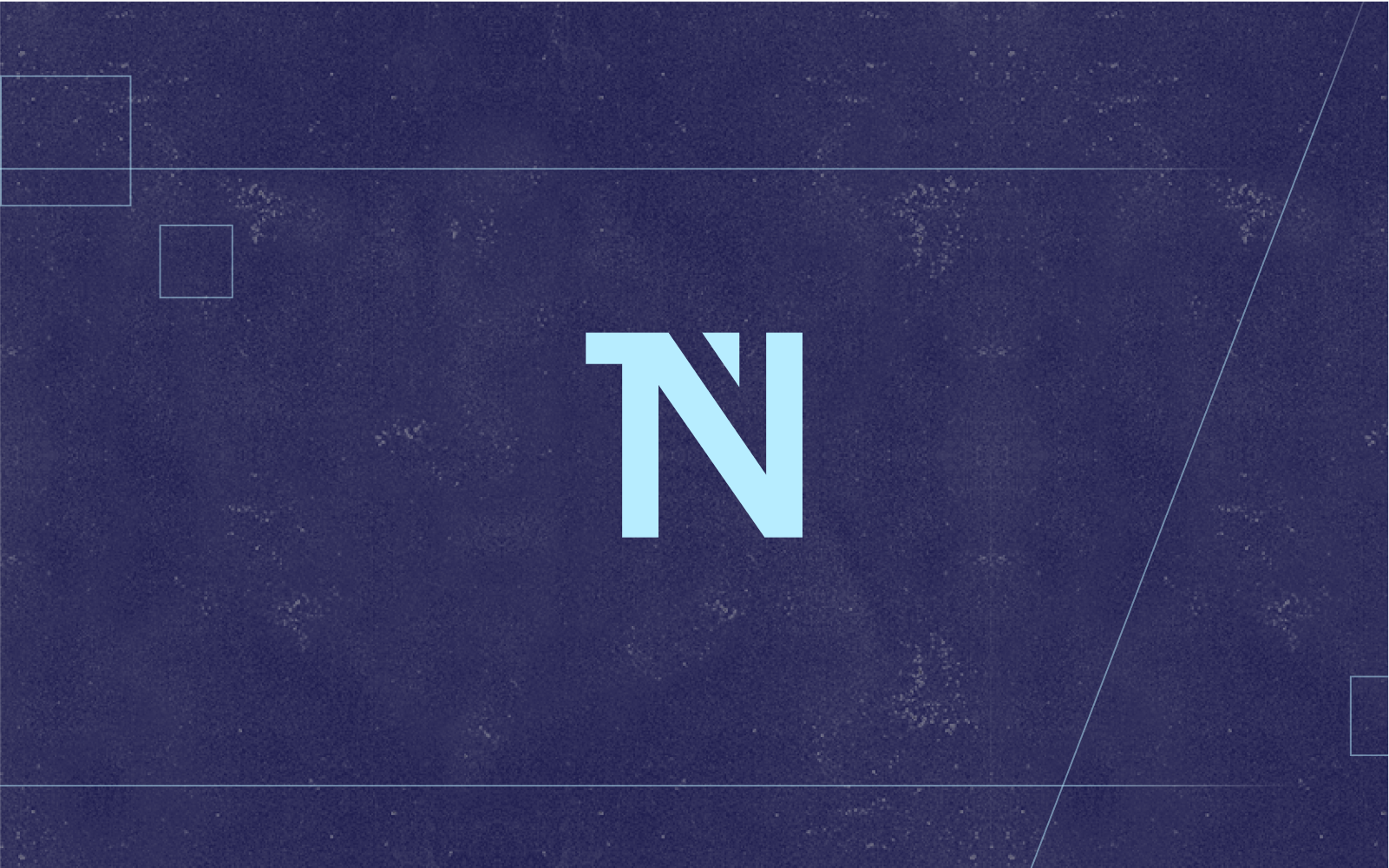


Five Recruiting Metrics Every Founder Should Track
Ask a founder of a growing startup what they need most, and you’ll often get an answer along the lines of, “We need great people, and we need them fast.”
But even well-prepared startups that have laid out strategies for scaling can find themselves scrambling in the face of a fast-growing customer base. Founders need to make sure the quality of the startup’s offerings remains high and provide adequate sales and service support for prospective customers and new users. As a result, to keep the business running smoothly when it starts experiencing success, they often frantically look for junior- and senior-level talent to fill a variety of functions.
This desperate need for employees often leads to an equally desperate, ad-hoc approach to recruiting without any relevant recruiting metrics being tracked.
Founders furiously work their networks, post open positions on every reasonable-looking job board, and hope to quickly start hiring. While an entrepreneur’s enthusiasm is certainly necessary for effective recruiting, inefficient hiring processes put a strain on a startup’s already limited human capital resources. Whether it’s looking through thousands of resumes or bringing in too many candidates for interviews that end up not panning out, founders who fail to create an efficient recruiting process can find themselves wasting valuable time.
A good startup recruiting system is one that leads to great hires and gets more efficient each new hire. Tracking a few basic recruiting metrics, and actively working to improve against them, is the first step startups can take to ensure their efforts don’t put a detrimental strain on the company’s resources.
Applicant source quality: Resumes-to-interviews
Poring over thousands of irrelevant resumes is the last way a founder wants to spend her time. Researching relevant job boards for particular positions can help cut down on the resume clutter, but founders should also work to actively reduce the number of resumes they review with each person they interview.
The resume-to-interview metric is simply a measurement of how many resumes startups review for each person interviewed. Tracking this metric allows entrepreneurs to identify their most effective applicant sources for certain types of positions.
Let’s say you’re looking for a junior level developer. You post an open position in three places: a technical college’s website, a national job board with a general audience, and a developer-focused job board. After receiving 50 responses from the college website, 500 from the developer-focused job board, and 2000 from the national job board, you find two candidates worth interviewing from each source. Next time you’re looking for a junior level developer, consider skipping the national job board and focusing more on the two sources that allowed you to review fewer resumes in order to find the same number of candidates.
Applicant interest: Proactive outreach-to-response
Some of the best candidate leads come from startups proactively reaching out to people through LinkedIn or email. A founder will likely be leading these outreach efforts during the early stages of a company, and should always be tracking the percentage of people responding to the notes. Even if the prospect replies with a polite “no,” a response indicates that the person is willing to have an exchange, and may even be open to working with the startup down the road.
As a founder, the outreach-to-response ratio should be high – well above 50 percent. If the response rate is significantly lower than 50 percent, take a step back to make sure the notes are tailored, clear, and ask a question that should prompt a reply. Tracking the response rate, and taking the time to optimize these outreach notes, will ultimately make founders more effective in their outreach.
Candidate-company fit: Interview-to-hire
Interviewing is a significant time and resource commitment for any company, but the stakes are even higher for startups. Even if you’re just bringing in a candidate for 1 to 2 hours, that can mean 20 percent of the entire startup’s productivity for that day is spent on interviewing. Founders should be keenly aware of this time commitment, and hold themselves accountable by tracking the number of people interviewed for each person hired.
An ideal interview-to-hire ratio is 4 to 1 or less. There can be instances where it’s acceptable to go above this ratio. Still, founders should reevaluate how their startup is screening candidates if the ratio starts to consistently higher than 6 to 1.
Closing the deal: Offer-to-acceptance
After investing time and resources into finding and interviewing a candidate, the absolute last thing a founder wants to hear is “no” when an offer is on the table. Losing a candidate at the offer stage means days of productivity lost, not to mention the disappointment from hearing a top candidate says they’d rather not join the company.
Tracking the offer-to-acceptance ratio allows startups to quickly see if there’s an issue with too many people declining job offers. If this ratio starts dipping below 90 percent, start investigating why people aren’t accepting. While there could be many reasons for this, I’ll address the most important one in the final metric.
Beating the competition: Time-to-hire
Accelerating the hiring process is the best way to beat the competition when trying to land top talent. From my experience working with hundreds of startups, the main reason why people turn down an offer is because there’s a better one on the table. Each day a startup prolongs the hiring process is another day for that candidate to look for other jobs. The longer a startup’s interview process, the more likely that person will have other offers on the table.
Founders should track, and actively work to reduce, the time it takes to hire a candidate after the initial screening call. The time-to-hire can vary depending on a number of factors, but it’s worth noting that some of today’s most successful entrepreneurs have fast, efficient hiring processes. Paul English, co-founder and CTO of Kayak and now founder and CEO of Lola, is famous for writing that he aims to hire in seven days from the point of first engaging a candidate.
Founders who start measuring the effectiveness and efficiency of their recruiting programs will see the process is very much worthwhile. Not only will basic tracking allow founders to find more high quality candidates, but it will allow them to do so in less time, which any busy entrepreneur will appreciate.





